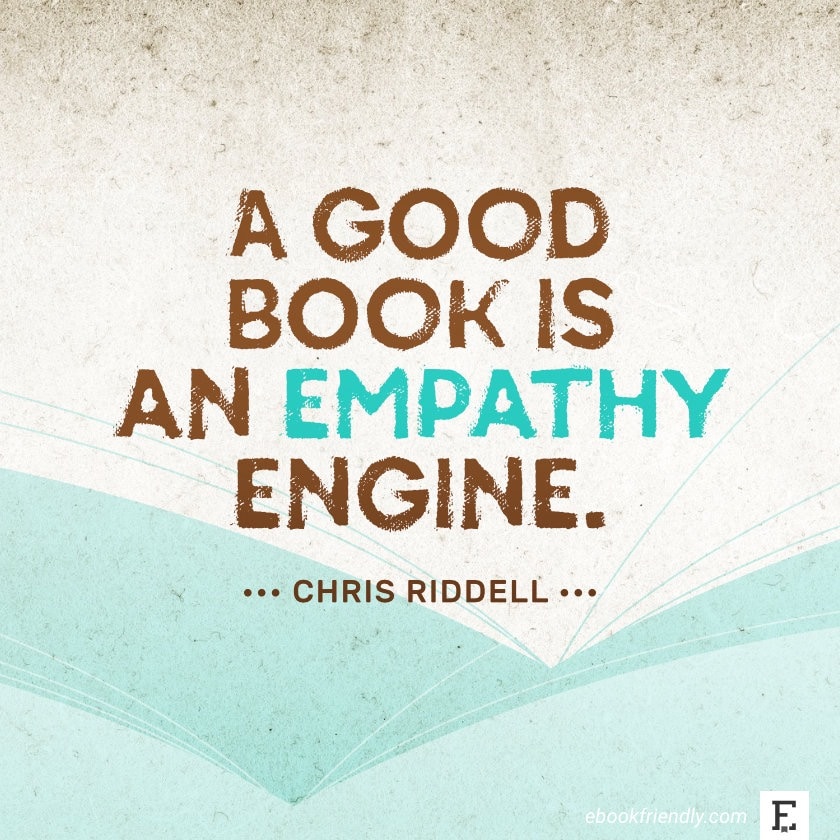Magic of Words
A book is a medium for recording information in the form of writing or images, typically composed of many pages bound together and protected by a cover. It can also be a handwritten or printed work of fiction or nonfiction, usually on sheets of paper fastened or bound together within covers.
History of Books
The history of books became an acknowledged academic discipline in the 1980s.The earliest forms of writing were etched on stone slabs, transitioning to palm leaves and papyrus in ancient times. Parchment and paper later emerged as important substrates for bookmaking, introducing greater durability and accessibility. Across regions like China, the Middle East, Europe, and South Asia, diverse methods of book production evolved. The Middle Ages saw the rise of illuminated manuscripts, intricately blending text and imagery, particularly during the Mughal era in South Asia under the patronage of rulers like Akbar and Shah Jahan. Prior to the invention of the printing press, made famous by the Gutenberg Bible, each text was a unique handcrafted valuable article, personalized through the design features incorporated by the scribe, owner, bookbinder, and illustrator.
The invention of the printing press in the 15th century marked a pivotal moment, revolutionizing book production. Innovations like movable type and steam-powered presses accelerated manufacturing processes and contributed to increased literacy rates. Copyright protection also emerged, securing authors' rights and shaping the publishing landscape. The Late Modern Period introduced chapbooks, catering to a wider range of readers, and mechanization of the printing process further enhanced efficiency.
The 20th century witnessed the advent of typewriters, computers, and desktop publishing, transforming document creation and printing. Digital advancements in the 21st century led to the rise of e-books, propelled by the popularity of e-readers and accessibility features. While discussions about the potential decline of physical books have surfaced, print media has proven remarkably resilient, continuing to thrive as a multi-billion dollar industry. Additionally, efforts to make literature more inclusive emerged, with the development of Braille for the visually impaired and the creation of spoken books, providing alternative ways for individuals to access and enjoy literature.
Genres of books
Genres are formed by shared literary conventions that change over time as new genres emerge while others fade. As such, genres are not wholly fixed categories of writing; rather, their content evolves according to social and cultural contexts and contemporary questions of morals and norms. There are 19 major fiction genres and 5 major non-fiction genres. The fiction genres are Adventure stories, Classics, Crime, Fairy tales, fables, and folk tales, Fantasy, Historical fiction, Horror, Humor and satire, Literary fiction, Mystery, Poetry, Plays, Romance, Science fiction, Short stories, Thrillers, War, Women’s fiction, Young adult. The non-fiction genres are Autobiography and memoir, Biography, Essays, Non-fiction novel and Self-help.
Benefits of Reading Books
Reading books comes with numerous benefits. Reading books helps to improve concentration and memory. It reduces stress and helps to relax, a 2009 study at the University of Sussex showed that stress is reduced up to 68% just by reading. Reading books can expand one's vocabulary and strengthen writing abilities. It also enhances one's knowledge and increases imagination and creativity.
Bibliotherapy
Bibliotherapy is a creative arts therapy that involves storytelling or the reading of specific texts. It is also referred to as book therapy, writing therapy, reading therapy, poetry therapy or therapeutic storytelling. It uses an individual's relationship to the content of books and poetry and other written words as therapy. In its most basic form, bibliotherapy is using books to aid people in solving the issues that they may be facing at a particular time. Bibliotherapy has also been explained as "a process of dynamic interaction between the personality of the reader and literature - interaction which may be utilized for personal assessment, adjustment, and growth." Bibliotherapy for adults is a form of self-administered treatment in which structured materials provide a means to alleviate distress. The concept of the treatment is based on the human inclination to identify with others through their expressions in literature and art.
Conclusion
In conclusion, reading books is an enjoyable and beneficial activity that can positively affect our life in many ways. It can help us gain knowledge, exercise your brain, improve your focus and memory, reduce stress, improve your mental health, increase empathy, and more. So why not pick up a book today and start reaping the benefits?






Comments
Post a Comment